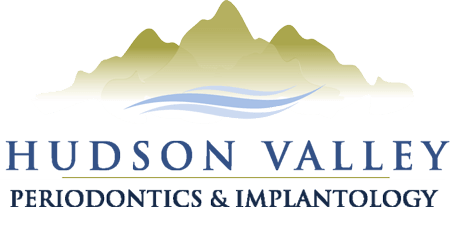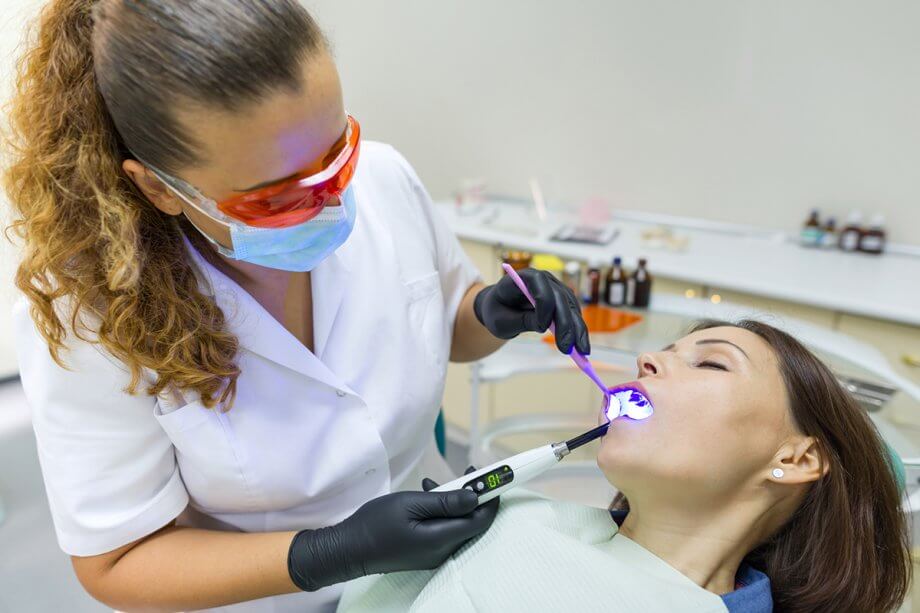Sedation dentistry is the general term for relaxation techniques used during dental procedures. There are different types and levels of sedation that may be used depending on the needs of the patient and the invasiveness of the procedure.
Sedation is designed to help patients feel calm and relaxed during dental procedures, but does it really work? Here’s what you need to know about sedation dentistry.
What is the Purpose of Sedation Dentistry?
Sedation is used for a variety of reasons in dental care:
- Dental anxiety. For patients with dental anxiety, the idea of receiving dental treatment can be terrifying. Patients experience severe mental, physical, and emotional stress leading up to, during, and even after receiving dental treatment. Their fears can even prevent them from getting the dental care they desperately need, resulting in long term dental and oral health problems. Sedation dentistry can ease the stress and fear these patients feel to help them get the dental care they need for better quality of life.
- Complex/Lengthy procedures. Some dental procedures are complex and may take a while to complete. Lengthy procedures can make it difficult for patients to sit in a dental chair for as long as is needed, without the assistance of sedation. For patients under sedation it will seem as if time passes more quickly because they are less aware of what is going on around them.
- Invasive procedures. Some dental procedures are more invasive than others, making it difficult and even unsafe for patients to undergo consciously. A deeper level of sedation can make patients feel as if they are asleep, even while being partially awake. This makes invasive procedures easier to tolerate and safer for patients, as sedation helps them remain still and unaware.
- Patients with special needs. Patients who are physically, mentally, or emotionally impaired in some way may be able to benefit from sedation dentistry. It can reduce the stress dental procedures may cause for the patient and their caregivers.
Types of Sedation Used in Dentistry
There are different types and levels of sedation used for dental procedures:
- Nitrous oxide. Better known as laughing gas, nitrous oxide is a gas that is inhaled through a mask worn over the nose. It provides a calm, relaxing feeling that is often described as euphoric. Patients have reported heaviness in their arms and legs and a tingling sensation in their fingers and toes. Nitrous oxide takes effect in a few seconds to a few minutes, and wears off just as quickly once the patient begins breathing regular room air.
- Conscious oral sedation. An oral sedative in the form of a pill or liquid can be taken before the patient arrives for their appointment. Conscious oral sedation may cause the patient to feel sleepy or groggy. They are still awake, just less aware of their surroundings. An oral sedative taken before arriving at the office should take effect in time for the procedure and typically wears off a few hours after the procedure.
- IV sedation. Medication can be administered intravenously that will render the patient partially unconscious. The patient will feel as if they are asleep and won’t remember much about the experience afterwards, but during the procedure they are able to respond to questions and requests. Patients are closely monitored during IV sedation and can be brought back to a more aware state quickly. After IV sedation a short recovery period will be needed in the office before going home.
- General anesthesia. In cases where appropriate, general anesthesia may be recommended for a dental procedure. General anesthesia is administered in a hospital setting under close supervision of an anesthesiologist. The patient will be completely unconscious and will require breathing assistance. It may be an outpatient procedure or require overnight monitoring depending on the situation.
Is Sedation Dentistry Effective?
Sedation dentistry has proven to be highly effective for patients with a wide variety of needs. If you or a loved one are in need of dental treatment, but you’ve been avoiding it due to fear or anxiety, sedation offers relaxation assistance to help you get the care you need. Hudson Valley Periodontics & Implantology provides a variety of sedation options to meet the individual needs of our patients. We welcome you and provide a safe place to discuss your fears and concerns. Together we will find a solution that will help you improve and maintain your dental health.
Call 845-623-6666 or contact us today to learn more and schedule an appointment.

